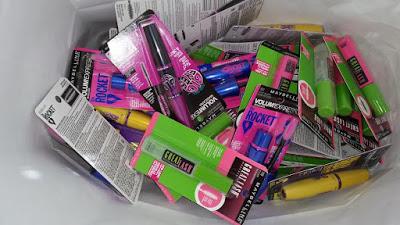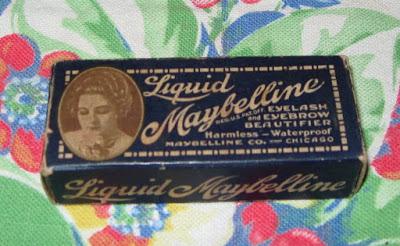
Maybelline 1915
The original Maybelline Company formed in 1915 to 1967, though incorporated in 1954, was a private family owned company, based in Chicago. Tom Lyle Williams was President and was responsible for all advertising. Noel J. Williams, followed by Tom Lyle Williams Jr. was Vice President and ran the administrative part of the company. Rags Ragland, headed the Marketing department. Chet Hewes, (Maybelline’s namesake Mabel Williams’s husband,) headed the division of the company that produced mascara, called De Luxe Mascara. Ches Haines, (TL’s sister, Eva Williams husband) was in charge of transportation. In other words these few men ran the entire world wide company, that today takes hundreds of people, executives and employees. Maybelline was known as the “Wonder Company.” Today it would be impossible to operate a corporation with such a small group of family executives.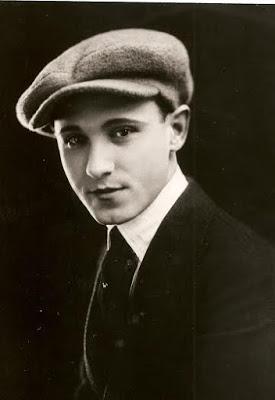
Maybelline Founder, Tom Lyle Williams 1915
The original Maybelline Company focused on one idea. Eyes. Tom Lyle Williams put every dime back into the company to expand its Advertising and Marketing as well as develop their product line. The secret to Maybelline’s success was the having a quality product at a price every woman could afford. Maybelline was and still is a dime store luxury, priced modestly and advertised in beautiful displays.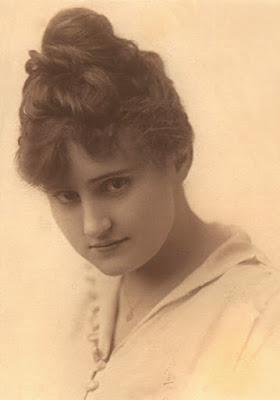
Maybelline's namesake, Mabel Williams
What is your opinion about the fact that so many top cosmetics brands were created by diaspora entrepreneurs?
Tom Lyle Williams was an entrepreneur who didn’t want to work for anyone. There was a need in the market place and he was there at the right time in history. Beauty and creativity go hand in hand. I believe young dispora entrepreneurs have their own beauty secrets and don’t want to give them away. They don’t want to work or can’t get work, they are driven by their own need to produce something and be a success in their own right. Many dispora entrepreneurs have old fashioned beauty secrets handed down to them through the generations and are inspired to share them with other women. Like Maybelline… being concocted with ash and Vaseline a secret of the harem, according to a vintage movie magazine…it filled a need and it took off because women were ready for it.
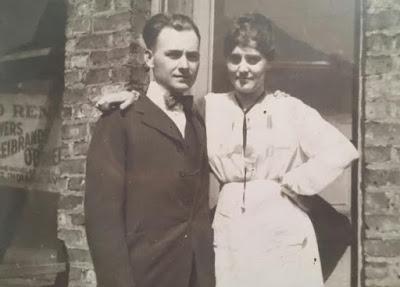
Tom Lyle and Mabel's brother Noel J. Williams and his wife Frances 1916
How do you think the management of the cosmetics brand changes in periods of crisis such as the current recession?
When the economy is down, cosmetic sales are up. Women will give up a lot of luxuries, but they won’t give up their beauty products. With Maybelline, it’s even more pronounced, because of the price that most women can afford even though their money is limited.
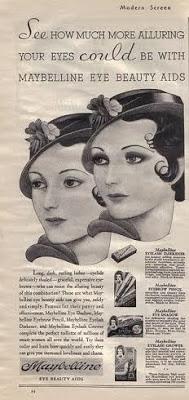
I am looking at two periods in time such as the Great Depression and World War II. What are the marketing and branding strategies of your brand? Do you have an idea of what it was like during these two periods and what changed substantially?
During the Great Depression, Maybelline moved from being a product women ordered from the classified section of magazines and newspapers, to being a dime store product. Maybelline was the first to create carded merchandise in the 1930s. They also were the first to create swirling displays, we take for granted today. They went from black and white small ads in movie and fashion magazines to full page color ads. They were the first to come out with “Before and After” print ads. Thom Lyle was a visionary always ahead of the curve. He also targeted the youth market, who were going to the movie theatres to see Hollywood Stars, and wanted to look like them. He stalked the dime stores with new products that even teenage girls could afford. Maybelline went from a large 75 cent box mascara to a small 10 cent box. He sold in volume… that was his secret. He also had a quality product that would endure for over 100 years today.
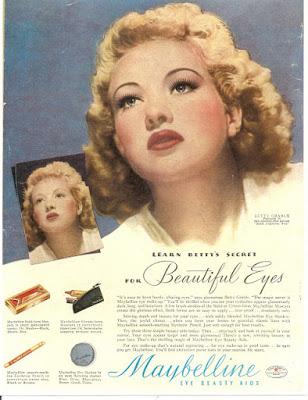
During WW ll, Maybelline was shipped to All the Army and Navy Barrack stores, where they carried ciggerates, beer, candy, chewing gum etc. Enlisted women, and wives of the enlisted men, insisted on having their Maybelline. (The American Government almost stopped the production of mascara during the War, because petroleum was rationed. Whoever, Tom Lyle went to the Pentagon and said, “You stop us from producing Maybelline and the moral of our soldiers will go down. Maybelline kept its doors open.) One the War ended, Maybelline took off Globally, because though the Army Barracks stores closed, women all over Europe, who were also able to shop at the stores, demanded access to their Maybelline. It was during this time, Tom Lyle Williams, contracted the biggest Hollywood Stars to represent Maybelline in full color, glossy ads, on the back of movie magazines. Women in the States and Soldiers, overseas, pinned these pictures up in their bedrooms or in the lockers of the barracks’. They were signed by the Stars and looked like they were personally autographed to them. This was a huge advertising campaign helped sell War Bonds. Maybelline also produced a more glamorous line of products that young women enjoyed carrying in their purses while out dancing in clubs. It was all done to boost morale.
